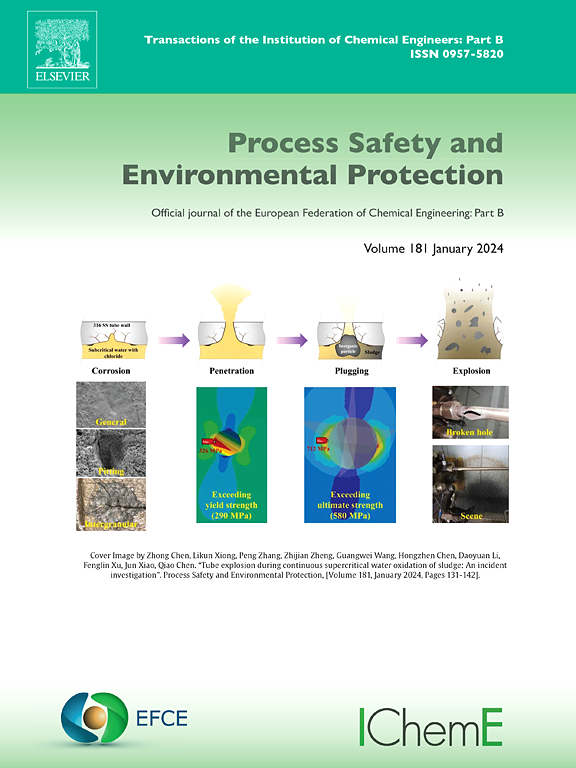Optimizing cell phone recycling process: A design science approach integrating blockchain framework, SWOT-AHP strategy, and NFT incentives
IF 6.9
2区 环境科学与生态学
Q1 ENGINEERING, CHEMICAL
引用次数: 0
Abstract
The swift increase in electronic waste, particularly obsolete cell phones (OCPs), poses significant environmental challenges that demand innovative recycling approaches. This study proposes a digital transformation framework for OCP recycling management through a Design Science Research (DSR) methodology. The proposed blockchain-based framework addresses recycling process management and consumer participation by improving information transparency, fostering stakeholder collaboration, and implementing innovative incentives mechanisms. We use an integrated SWOT-AHP methodology to evaluate the feasibility and development potential of blockchain-based digital obsolete cell phone recycling management systems (OCP RMS), thus analyzing the benefits and challenges of digital transformation in OCP recycling processes to gain a comprehensive understanding of strategic priorities. Additionally, we explore the potential of recycled-OCP-based Non-Fungible Tokens (NFTs) as innovative incentives for consumer participation using the Contingent Valuation Method (CVM). Our findings indicate that digital technologies and innovative incentives can substantially improve resource recovery management and consumer participation, providing valuable information for policymakers and industry stakeholders. These results contribute to the development of sustainable OCP RMS and the advancement of circular economic principles in the electronics sector.

求助全文
约1分钟内获得全文
求助全文
来源期刊

Process Safety and Environmental Protection
环境科学-工程:化工
CiteScore
11.40
自引率
15.40%
发文量
929
审稿时长
8.0 months
期刊介绍:
The Process Safety and Environmental Protection (PSEP) journal is a leading international publication that focuses on the publication of high-quality, original research papers in the field of engineering, specifically those related to the safety of industrial processes and environmental protection. The journal encourages submissions that present new developments in safety and environmental aspects, particularly those that show how research findings can be applied in process engineering design and practice.
PSEP is particularly interested in research that brings fresh perspectives to established engineering principles, identifies unsolved problems, or suggests directions for future research. The journal also values contributions that push the boundaries of traditional engineering and welcomes multidisciplinary papers.
PSEP's articles are abstracted and indexed by a range of databases and services, which helps to ensure that the journal's research is accessible and recognized in the academic and professional communities. These databases include ANTE, Chemical Abstracts, Chemical Hazards in Industry, Current Contents, Elsevier Engineering Information database, Pascal Francis, Web of Science, Scopus, Engineering Information Database EnCompass LIT (Elsevier), and INSPEC. This wide coverage facilitates the dissemination of the journal's content to a global audience interested in process safety and environmental engineering.
 求助内容:
求助内容: 应助结果提醒方式:
应助结果提醒方式:


